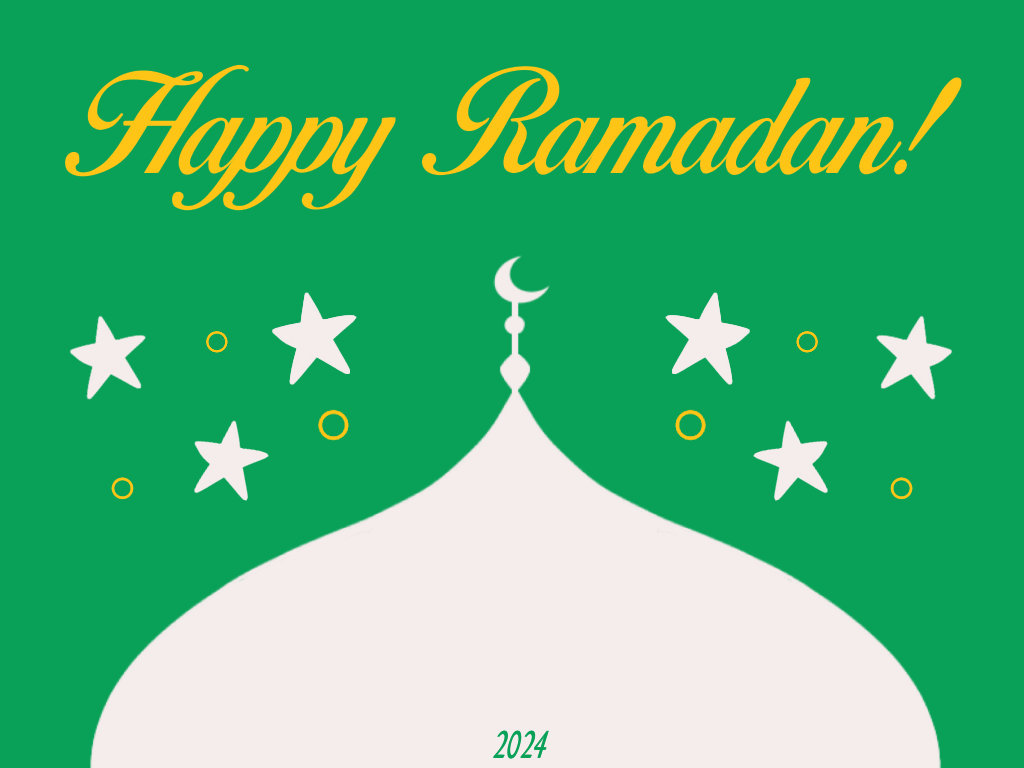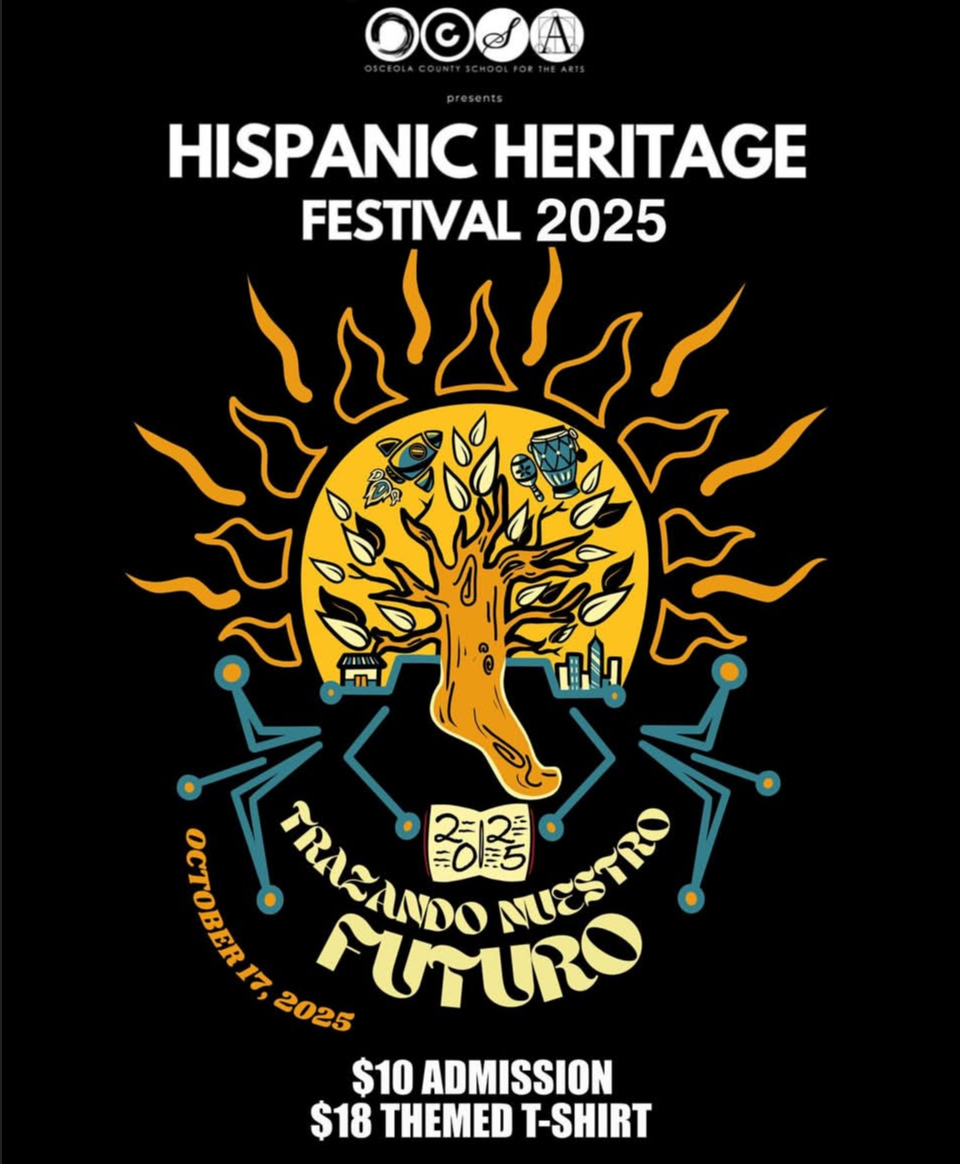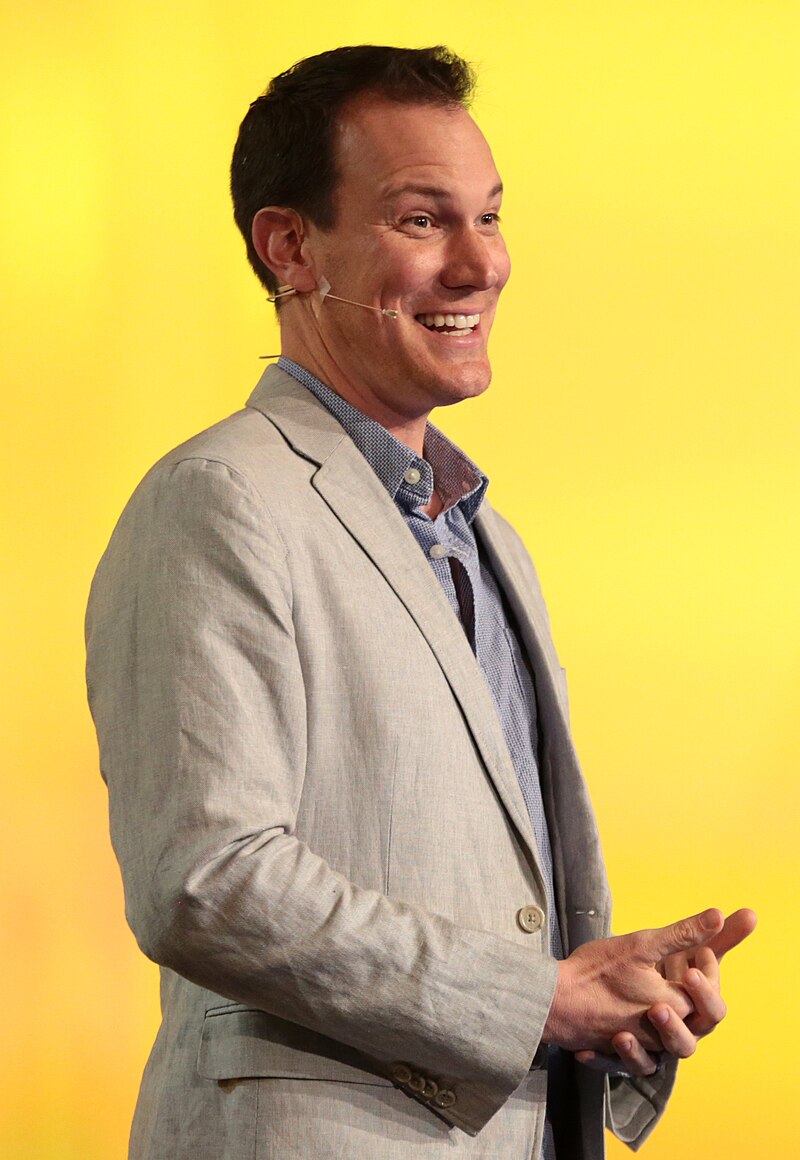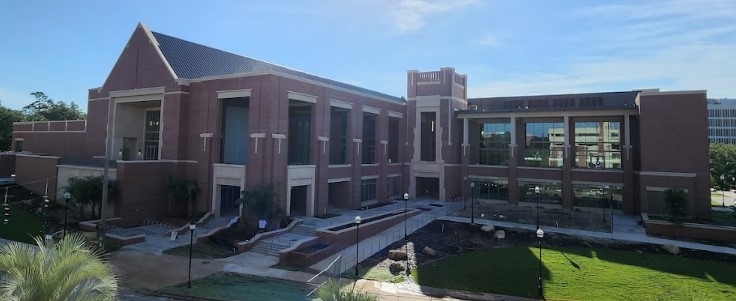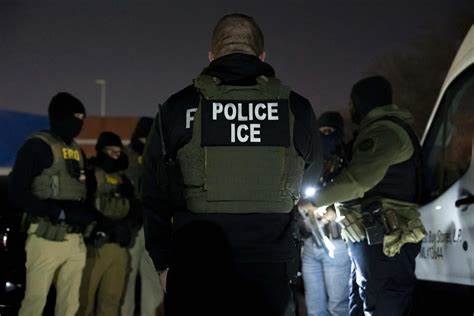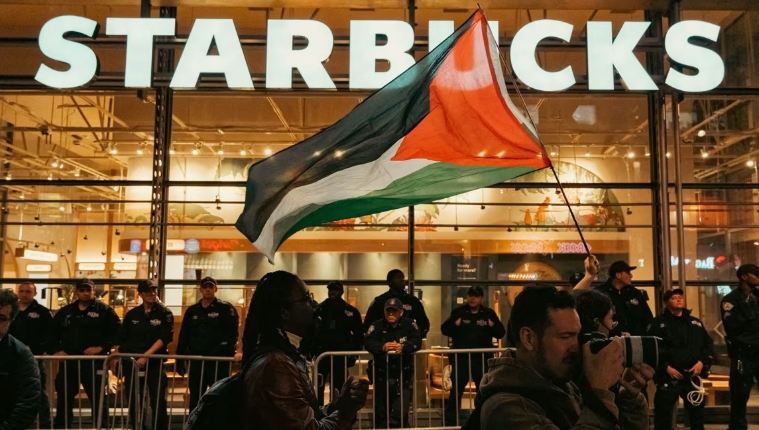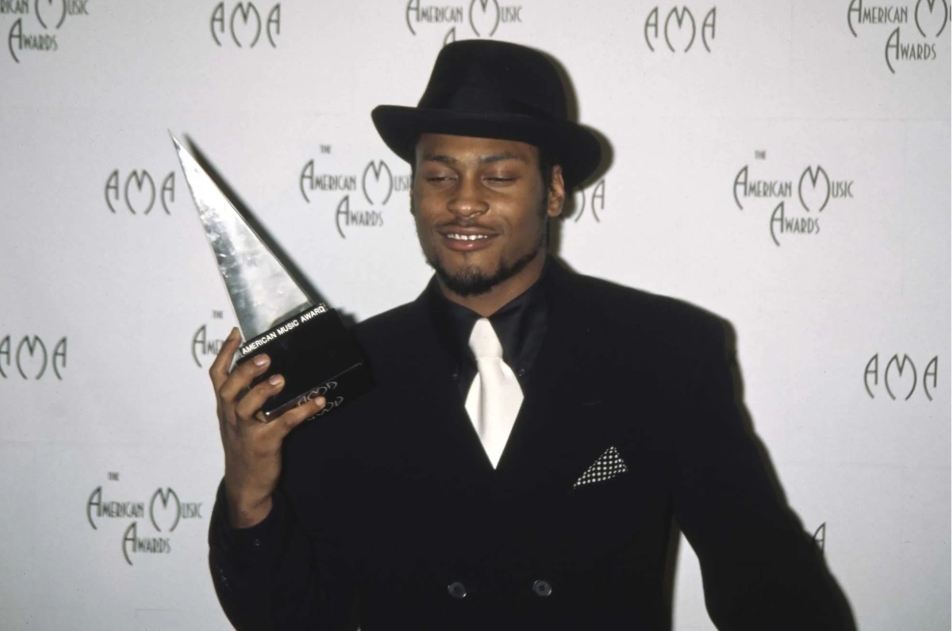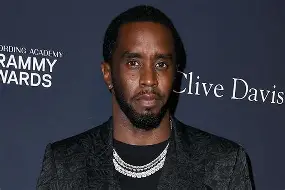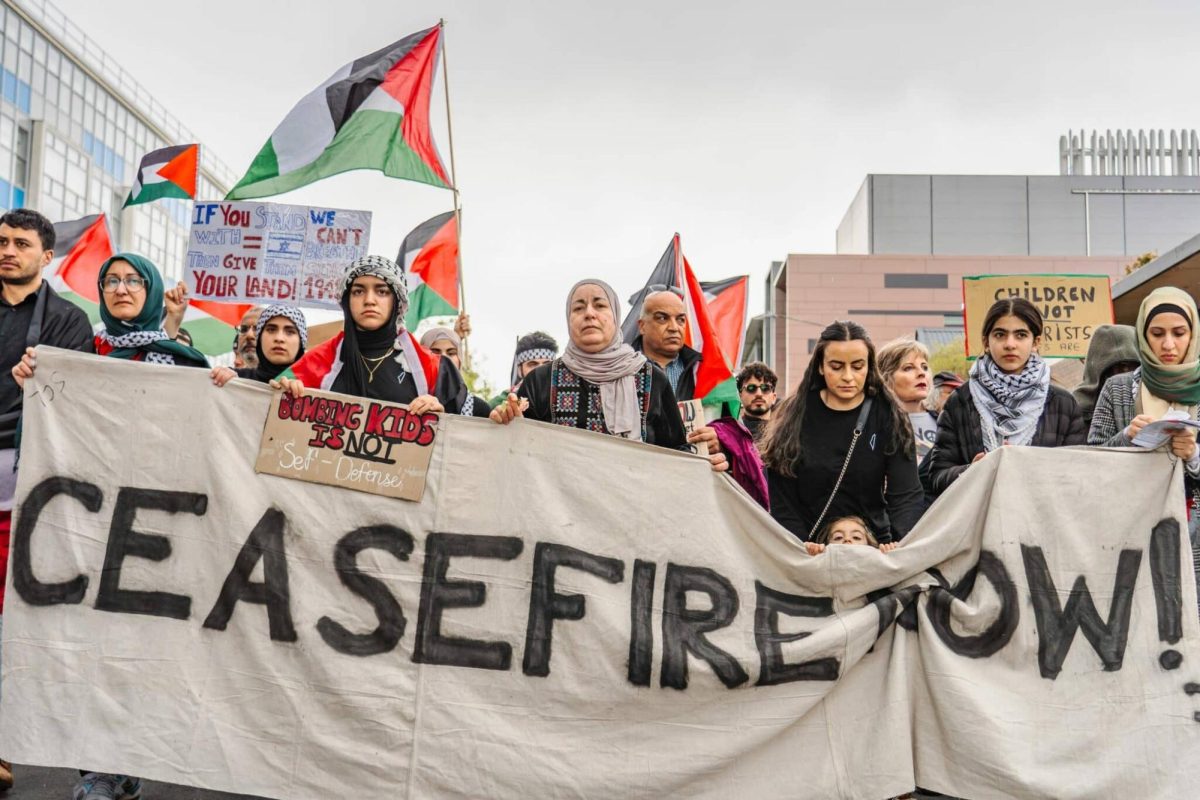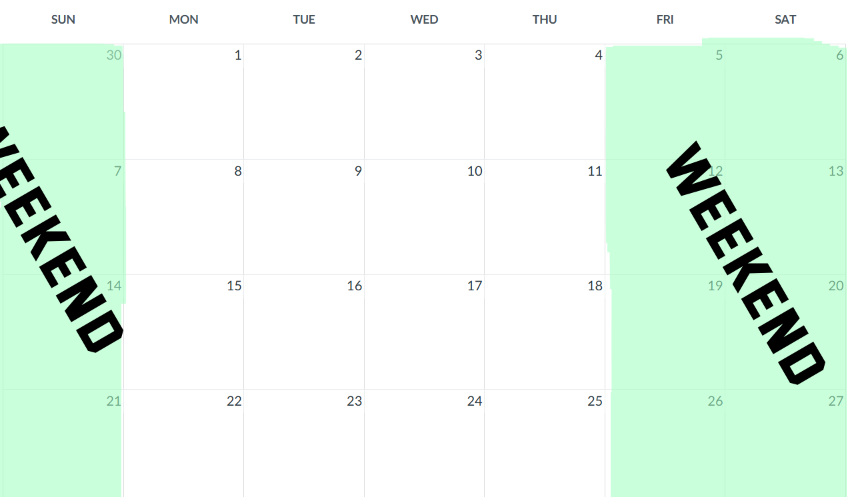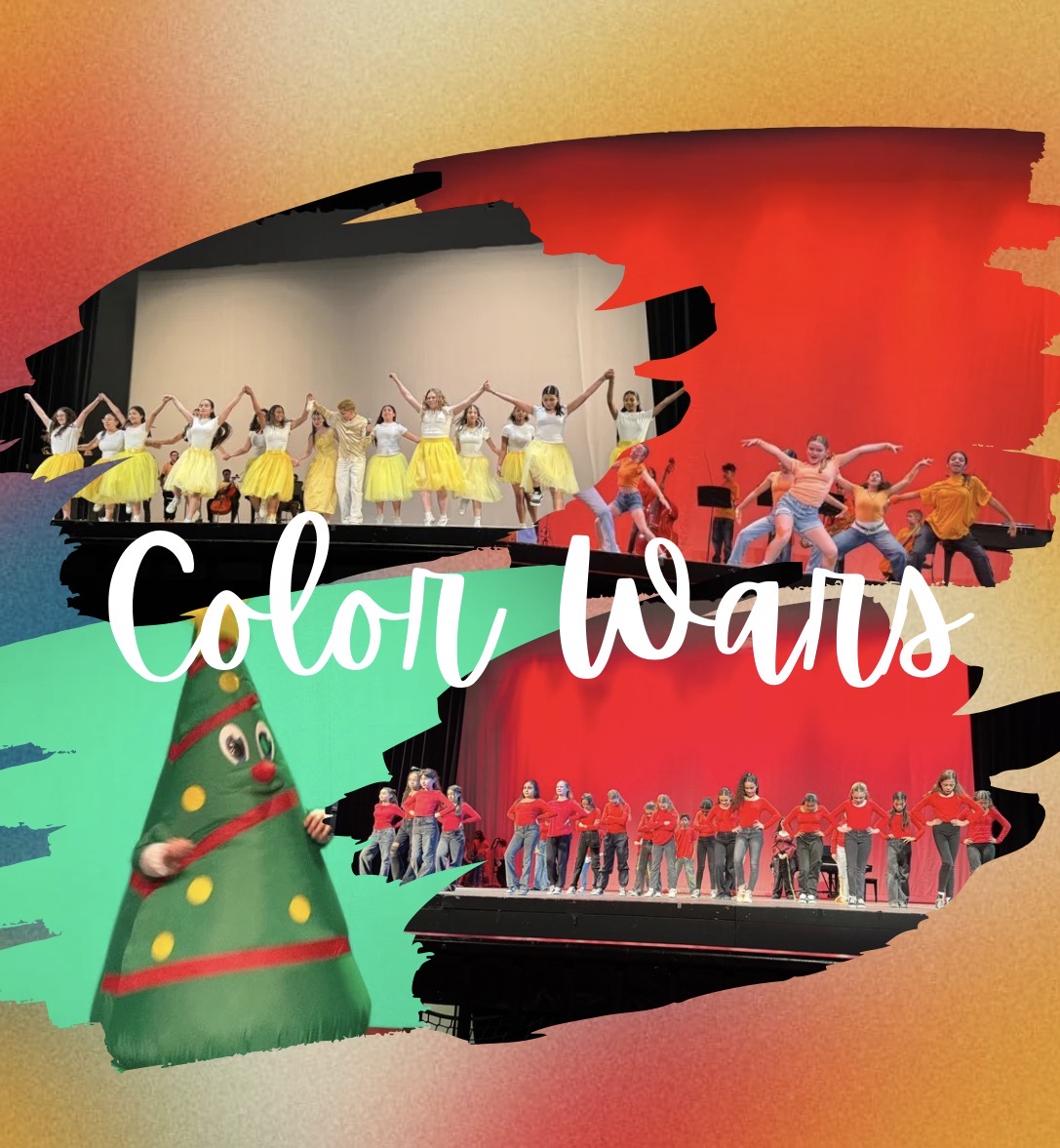Ramadan is one of the most important Islamic holidays. Celebrating the first revelation of the Islamic prophet Muhammed, it is observed as a “holy month,” lasting 28-30 days. Ramadan always falls on the ninth month of the Islamic lunar calendar, and the exact date varies from year to year. This year, the first day of Ramadan falls on Sunday, March 10th, and ends on Monday, April 8th. During the holy month of Ramadan, Muslims focus on self-reflection and being closer to Allah, or God. They participate in fasting, studying the Quran (the Islamic holy book), doing charitable acts, and praying throughout the day.
Fasting is one of the most significant parts of Ramadan. Muslims are not allowed to eat or drink from sunrise to sundown. They are allowed to break the fast once during two times during the day: Suhoor (before sunrise) and Iftar (after sunset). Foods eaten during this time can be anything, but dates and traditional dishes like beguni, or fried eggplant, are popular choices. While everyone is encouraged to fast, not everybody has to. Fasting isn’t mandatory until puberty, and the sick, the elderly, and those on their cycle don’t have to participate.
Another important part of Ramadan is daily prayer. While daily prayers are part of Islam year-round, many people will practice extra prayers, known as Taraweeh. They will also visit the Mosque, or Masjid, the Islamic place of worship. As Ramadan comes to an end, Eid-al-Fitr begins. Lasting up to three days, those celebrating will pray, feast, receive new clothes and other gifts, and of course, spend time with family. “The whole concept of Ramadan is to indulge yourself in Islam and better yourself doing it. Eid is an additional half to the celebration to commemorate the end of Ramadan,” says Taskin Angel, an 8th grade Creative Writer.
Ramadan Mubarak to those celebrating!

